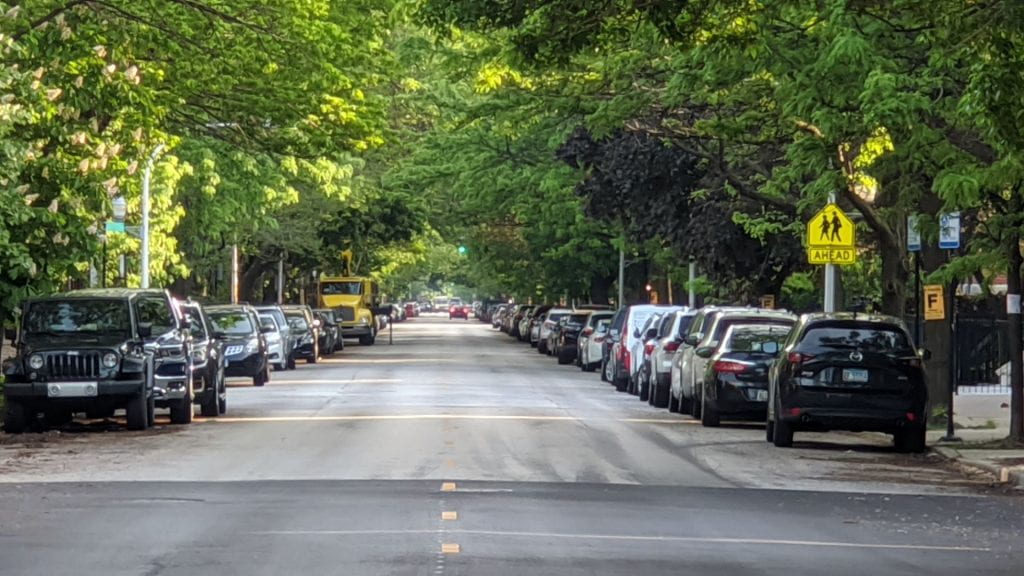The Midwest Climate Collaborative (MCC) was recently awarded a National Science Foundation (NSF) Civic Innovation Challenge (CIVIC) grant to explore solutions to mitigate the effects of heat islands through equitable expansion of the tree canopy. This project is a collaboration of four Midwestern communities: Indianapolis, Kansas City, Madison, and St. Louis.
Trees are sometimes referred to as the “lungs of the earth.” In perfect complementarity to other life on the planet, trees inhale carbon dioxide and release oxygen into the atmosphere.
Not only do trees provide us much of the air we breathe, they create a canopy that, in urban areas, provides shade that prevents pavement from overheating. According to the Environmental Protection Agency (US EPA), urban heat islands occur when cities replace natural land cover with dense concentrations of pavement, buildings, and other surfaces that absorb and retain heat.
“Higher temperatures escalate public health concerns and disparities, increase energy burdens, and adversely affect local economies,” said Heather Navarro, director of the MCC. “There are many ways communities can mitigate heat stress, including the expansion of an area’s tree canopy.”
The CIVIC grant was awarded to 56 teams who will receive the $50,000 Stage 1 funding. NSF will announce the Stage 2 awardees in the Spring of 2023. Stage 2 awardees receive up to $1 million to implement their projects.
The Midwest Climate Collaborative works to facilitate the development of a coherent Midwestern response to the climate crisis through acceleration of climate action, knowledge generation, and leadership development. MCC is a cross-sector collaboration of key organizations and institutions throughout the Midwest. The office of the MCC resides on WashU’s campus within the International Center for Energy, Environment and Sustainability (InCEES).
